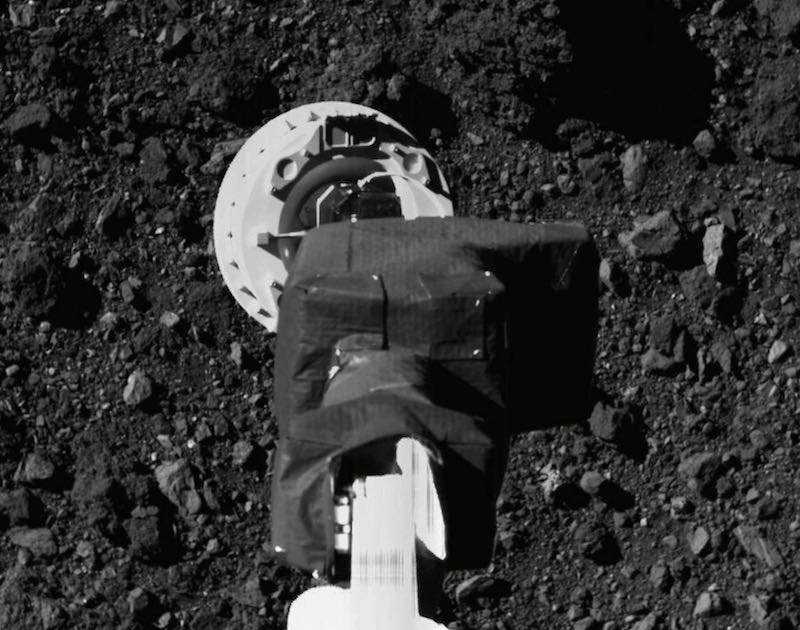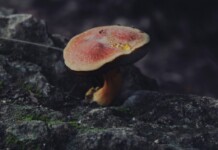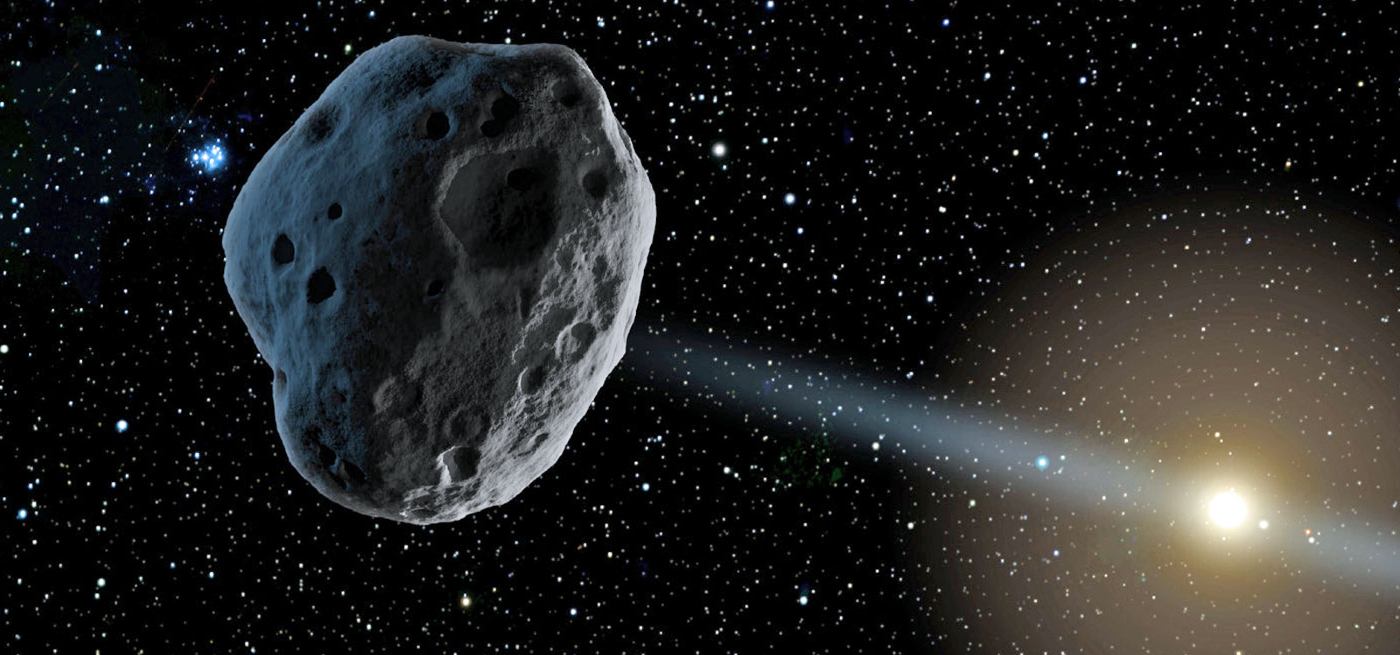
Space rocks that fell to Earth within the last century contain the five bases that store information in DNA and RNA, scientists report in Nature.
These “nucleobases”—adenine, guanine, cytosine, thymine, and uracil—combine with sugars and phosphates to make up the genetic code of all life on Earth.
Together, cytosine, thymine, adenine, guanine, and uracil, a group known as “nucleobases,” combine with some sugars which have also been found in meteorites, and phosphates to create the genetic code used to form all forms of life on Earth.
Until now, scientists scouring extraterrestrial samples had only found three of the five. However, a recent analysis by a team of scientists led by Associate Professor Yasuhiro Oba of Hokkaido University, identified the final two nucleobases that have eluded scientists.
“We now have evidence that the complete set of nucleobases used in life today could have been available on Earth when life emerged,” said Danny Glavin, a co-author of the paper at NASA’s Goddard Space Flight Center.
CHECK OUT: NASA and SpaceX Launched First Rocket to Test a Defense System Against Giant Asteroids in the Future
Nucleobases belong to classes of organic molecules called purines and pyrimidines, which have a wide variety. However, it remains a mystery why more types haven’t been discovered in meteorites so far.
“I wonder why purines and pyrimidines are exceptional in that they do not show structural diversity in carbonaceous meteorites unlike other classes of organic compounds such as amino acids and hydrocarbons,” said Oba, lead author of a paper about the research published April 26 in Nature Communications.
“Since purines and pyrimidines can be synthesized in extraterrestrial environments, as has been demonstrated by our own study, one would expect to find a wide diversity of these organic molecules in meteorites.”
This newly discovered pair of nucleobases, cytosine and thymine, have been elusive in previous analyses likely because of their more delicate structure, which may have degraded when scientists previously extracted samples.
In the earlier experiments, scientists created something of a “meteorite tea,” placing grains of meteorite in a hot bath to let the molecules on the sample extract into the solution and then analyzed the molecular makeup of the extraterrestrial broth.
RELATED: In Historic First, NASA Lands on Asteroid and Collects Samples of Debris That Helped Form Our Earth
“We study these water extracts since they contain the good stuff, ancient organic molecules that could have been key building blocks for the origin of life on Earth,” said Glavin.
Because of how delicate these two nucleobases are, the team was initially skeptical to see them in the samples. But a mix of cool water and extremely-sensitive equipment allowed the them to feel confidant in their discovery.
“I was amazed that they had seen cytosine, which is very fragile,” said Jason Dworkin, another co-author at Goddard.
The finding doesn’t provide a smoking gun as to whether life on Earth got an assist from space or came about exclusively in the prebiotic soup in the planet’s infancy. But completing the set of nucleobases that make up life today, in addition to other molecules found in the sample, gives scientists who are trying to understand the beginning of life more compounds to experiment with in the lab.
POPULAR: French Connoisseurs Just Tasted the Bordeaux Wine That Spent a Year in Space: ‘Beautiful!’
“This is adding more and more pieces; meteorites have been found to have sugars and bases now,” Dworkin said. “It’s exciting to see progress in the making of the fundamental molecules of biology from space.”
Not only did this analysis add to the kit for those modeling the inception of life on Earth, it also provides a proof of concept for a more effective technique to extract information from asteroids in the future, especially from the samples of Bennu making their way to Earth in the next year via NASA’s OSIRIS-REx mission.
Send This Story To Your Friends’ Orbits…




















